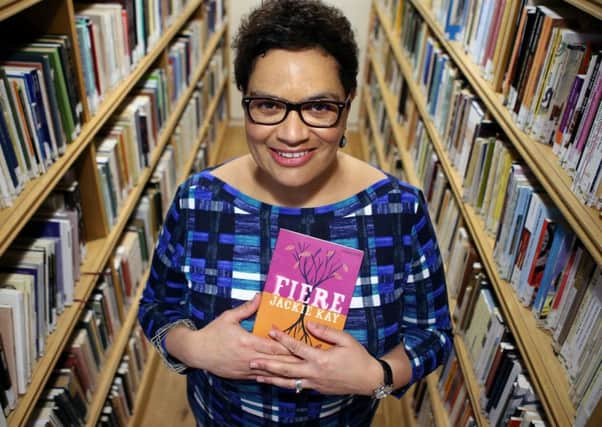Stuart Kelly: Scotland's new Makar a 'rare appointment'


She is a poet who can be irreverent and relevant, mirthful and melancholy, and whose work has depth without opacity and breadth without superficiality.
While her predecessors in the role, Edwin Morgan and Liz Lochhead, were both poets with a leaning towards the theatre, Kay is a much more diverse figure. As well as collections of poetry, she has written award-winning short stories, novels, memoirs, stage works, works for children and librettos. In her new role as an ambassador for literary creativity, this is a very good thing.
Advertisement
Hide AdAdvertisement
Hide AdConcerns about identity have been at the centre of all Kay’s writing. While for an older generation of mostly white, mostly male authors, the central question of Scottish poetry was, as Macduff says in Macbeth “Stands Scotland where it did?”, Kay introduced nuances of race, gender, sexuality, class and belonging to the discussion. She was forthright without being aggrieved about the obstacles to being seen as “Scottish”. Her description of far-right antagonism when she was at university – razor blades planted behind election posters by opponents and such like – are chilling, and yet tempered with a wry bemusement.
Kay is an accomplished performer of her work – I remember an audience in Ullapool reduced to hysterics when she read one of her poems in the voice of that great Scottish matriarch, Ma Broon – but her infectious giggles and genuine warmth might sometimes blind readers to her subtlety and seriousness. “Lucozade” shows how Kay can take seemingly simple words and imbue them with new kinks of meaning. Take her lines “I am scared my mum is going to die/ on the bed next to the sad chrysanthemums”. There’s the lovely internal rhyme on “mum”, but the beauty of the lines rests on whether you say the first line as ten syllables – a very Scottish go—ing – or nine, as go’hn. Either way you read it, it makes your voice do a different thing. And it can be both at the same time.
